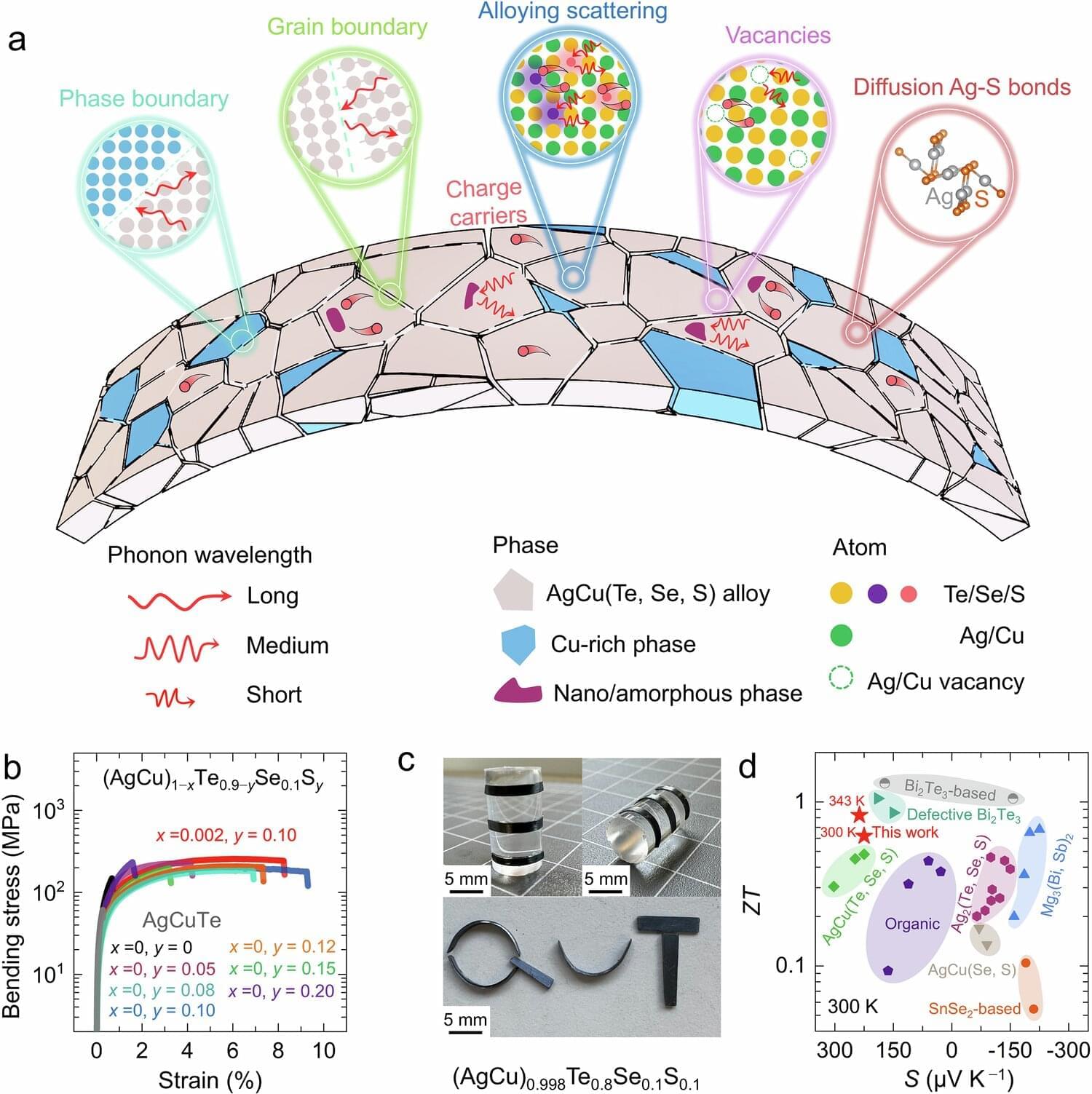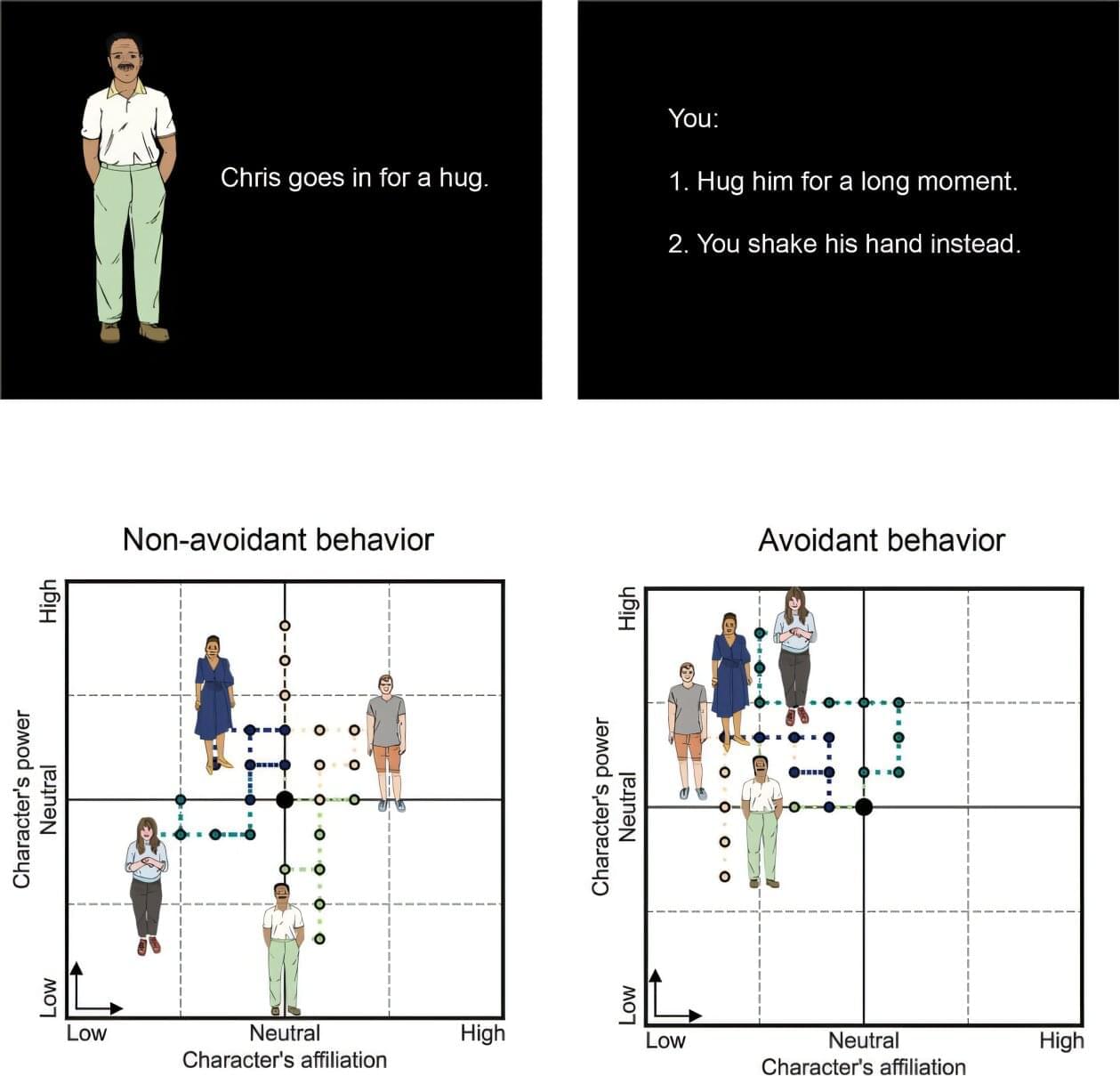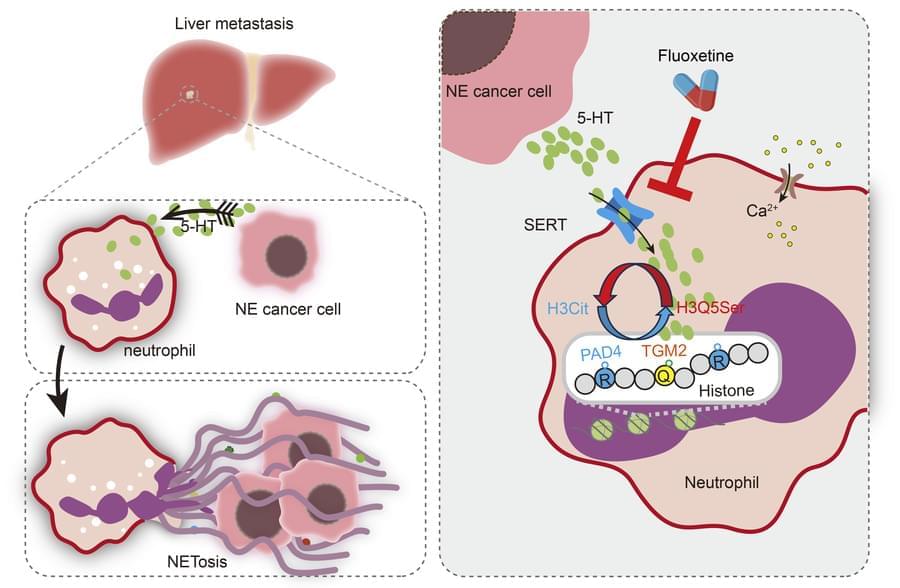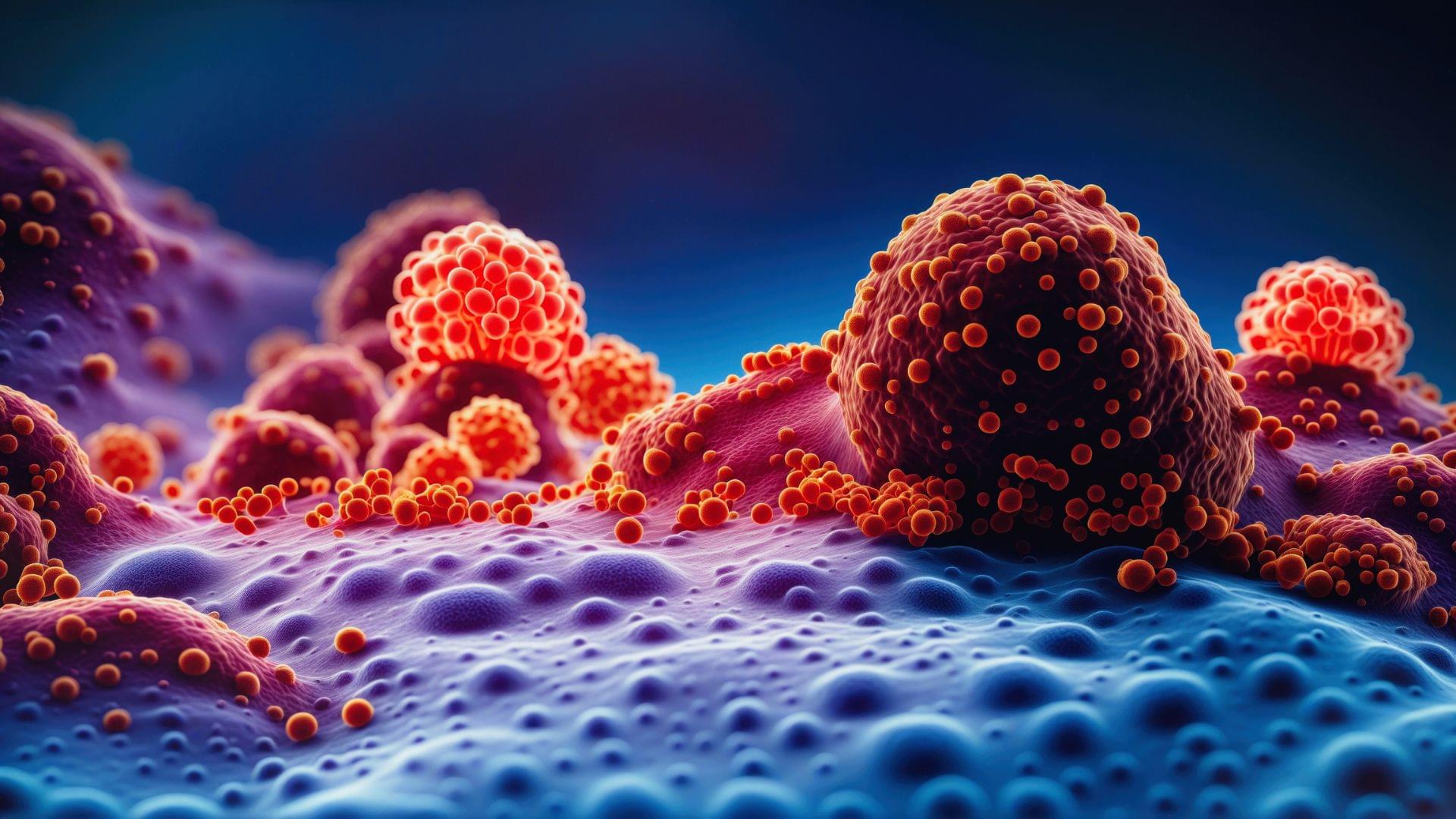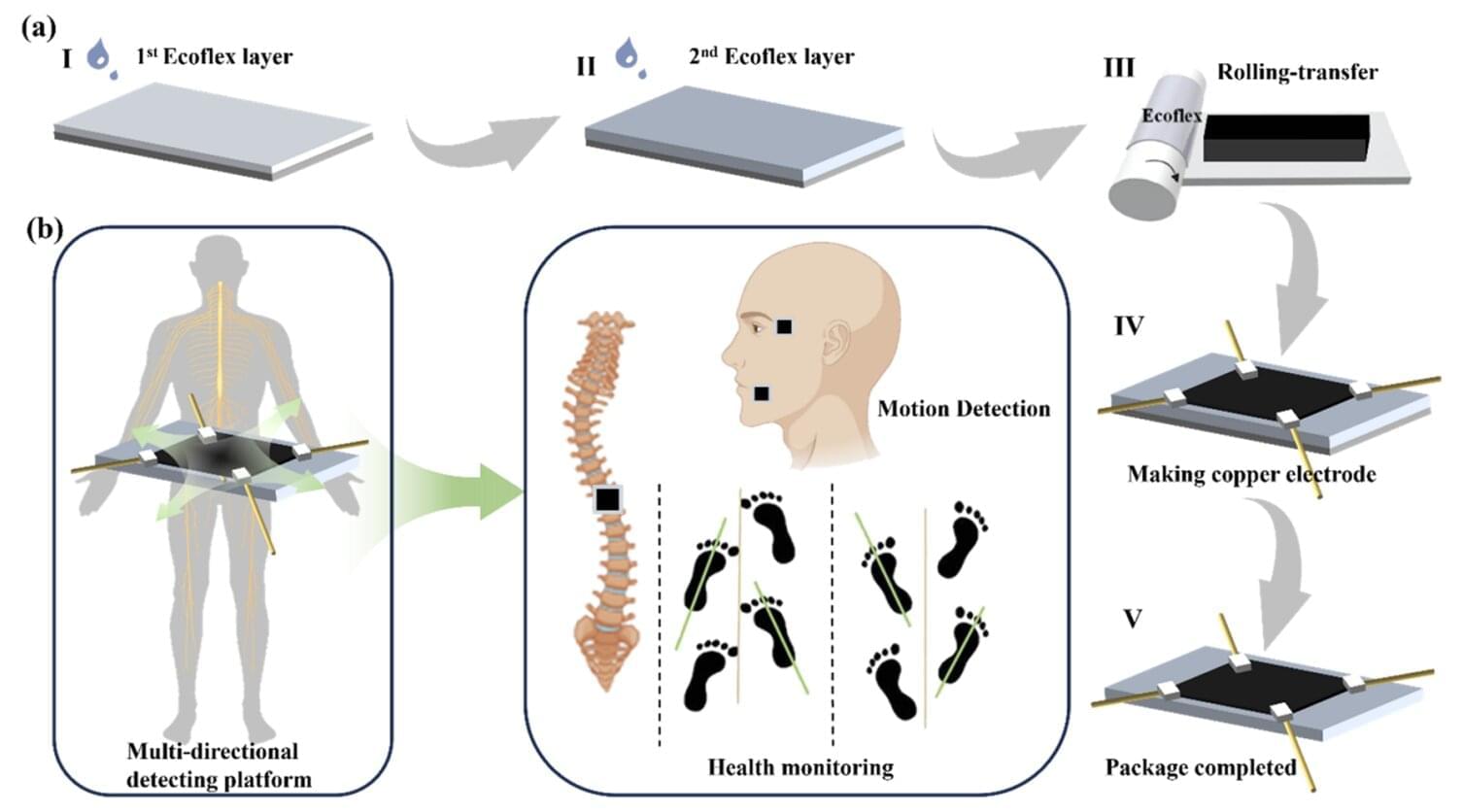By breaking a decades-old paradigm and rethinking the role that the dimension of time plays in physics, researchers from the University of Rostock and the University of Birmingham have discovered novel flashes of light that come from and go into nothingness—like magic at first glance but with deep mathematical roots that protect against all kinds of outside perturbations. Their findings have now been published in the journal Nature Photonics.
Time is the strange dimension: Unlike its spatial siblings, it is a one-way street as the clock only ever ticks forward and never backward. Scientists have long been aware of time’s quirks, with the British astrophysicist Sir Arthur Eddington musing about this “arrow of time” in his 1927 lectures. Nevertheless, whether it be because of or despite its uniqueness, time as a dimension for physics to play out in has long received far less attention than space.
Recently though, rapid progress in the research on so-called spatiotemporal crystals, objects with repeating patterns in time and space, has inspired a rethinking of the role time should play in our understanding of physics. Additionally, this has spawned the question of whether the uniqueness of time can be more than a mere quirk and instead lead to new effects ultimately useful in applications.

